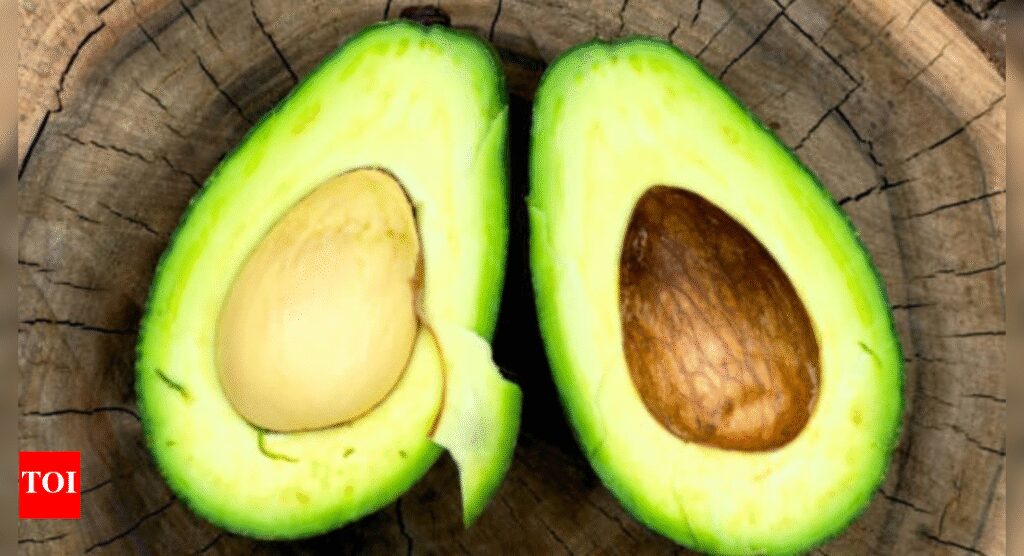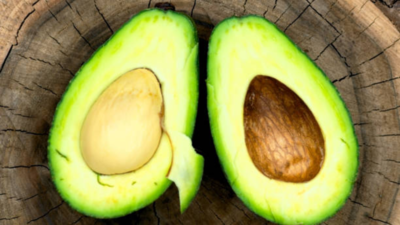Avocados have become the golden child of the health world. They’re slathered on toast, blended into smoothies. But while they’re praised for being heart-healthy and loaded with good fats, one question keeps popping up: Are avocados bad for your kidneys?Well, the answer isn’t a simple yes or no. It all depends on the state of your kidneys, your overall diet, and how many avocados you’re actually eating. So before you ditch your guacamole or double down on avocado toast, let’s bust some myths and clear up the facts.
Myth: Avocados are dangerous for kidneys
Not true! If your kidneys are healthy, you have zero reason to fear the humble avocado. In fact, avocados can actually support kidney health in many ways. They’re packed with monounsaturated fats (a.k.a. the good kind), fiber, antioxidants, and vitamins like K, C, and several B vitamins.For most people, eating avocados in moderation is not only safe but beneficial. They can help reduce inflammation, lower bad cholesterol, and even help manage blood pressure—all of which are good for your kidneys over the long term.
Fact: Avocados are high in potassium—and that matters
Here’s where things get tricky. Avocados are loaded with potassium. One whole avocado contains around 700–900 mg of potassium, depending on size. That’s more than a banana, which has roughly 400–450 mg.Now, why does this matter?If you have chronic kidney disease (CKD), especially in the later stages, your kidneys can struggle to get rid of excess potassium. When too much potassium builds up in your blood (a condition called hyperkalemia), it can affect your heart rhythm—and not in a good way.So yes, if you’ve been told to follow a low-potassium diet because of CKD, then avocados may need to be limited or avoided. That doesn’t make them toxic—it just means your kidneys can’t keep up with the potassium load anymore.
Myth: Avocados cause kidney stones
This one’s a bit of a reach. Kidney stones are typically caused by high levels of oxalates, calcium, or uric acid in the urine. Avocados aren’t high in oxalates, so they’re not usually on the “stone-forming” food list.In fact, some studies suggest the healthy fats in avocados could actually help reduce inflammation and may even support kidney function indirectly. Just make sure you’re drinking enough water, balancing your overall diet, and not eating a tub of guacamole every day (unless you’re sharing, of course).Fact: Portion size makes all the differenceHere’s where common sense kicks in. Eating one-quarter or half an avocado a few times a week? Probably fine for most people, even those with early-stage kidney disease. Eating two whole avocados a day because your favorite influencer said it’s “clean eating”? Not so great—especially if you’re already on a restricted diet.Moderation is the name of the game.If your doctor or renal dietitian has advised you to limit potassium, don’t panic—you don’t have to give up avocado entirely. Just treat it like a treat. Use thin slices on a sandwich or mix a spoonful into a dip. You can still enjoy the creamy goodness without overdoing it.
Who should be cautious with avocados?
If you fall into any of these categories, it’s best to check with a healthcare provider before going wild with avocados:
- You’ve been diagnosed with moderate to severe chronic kidney disease
- You’re on dialysis
- You’ve been advised to follow a low-potassium renal diet
- You already have high potassium levels (hyperkalemia)
But again, this doesn’t mean avocados are poisonous. It just means your kidneys need a little extra support—and that starts with paying attention to what you eat and how much.
Are avocados healthy for your kidneys?
If your kidneys are healthy, avocados are your friend—rich in nutrients, heart-protective, and great for your overall diet. If your kidneys are compromised, they’re not your enemy, but they do require caution.So maybe don’t cancel your avocado toast just yet. Just be smart about how often it’s on your plate, especially if you’re dealing with kidney issues. And as always, talk to your doctor or a renal dietitian before making any major food changes—especially if you’re already navigating chronic kidney disease.Because when it comes to kidney health, it’s not just what you eat—it’s how much, how often, and how well your body handles it. And that’s something only your kidneys (and your lab reports) can truly tell you.


